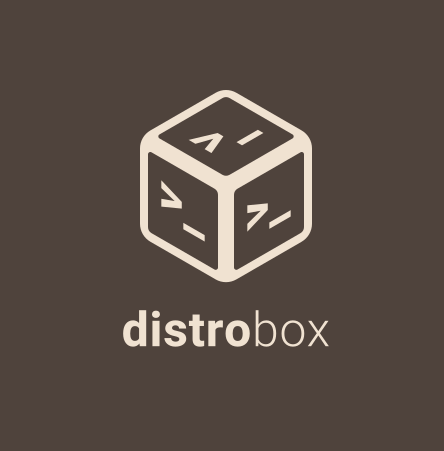How To Install Distrobox on Debian 12

In this tutorial, we will show you how to install Distrobox on Debian 12. Distrobox is a powerful tool that allows users to create and manage container-based environments on their Linux systems. It leverages containerization platforms like Podman or Docker to create containers using the Linux distribution of your choice.
This article assumes you have at least basic knowledge of Linux, know how to use the shell, and most importantly, you host your site on your own VPS. The installation is quite simple and assumes you are running in the root account, if not you may need to add ‘sudo‘ to the commands to get root privileges. I will show you the step-by-step installation of Distrobox on a Debian 12 (Bookworm).
Prerequisites
- A server running one of the following operating systems: Debian 12 (Bookworm).
- It’s recommended that you use a fresh OS install to prevent any potential issues.
- SSH access to the server (or just open Terminal if you’re on a desktop).
- An active internet connection. You’ll need an internet connection to download the necessary packages and dependencies for Distrobox.
- A user account with sudo privileges to execute administrative commands.
- Containerization platform: Check if Podman or Docker is installed on your system. If not, we will cover their installation in the following steps.
Install Distrobox on Debian 12 Bookworm
Step 1. First, update your package lists and system packages to ensure you have the latest versions. Run the following commands:
sudo apt update sudo apt upgrade
Step 2. Installing Containerization Software
If Podman or Docker isn’t installed, choose one based on your preference. For Docker:
sudo apt install apt-transport-https ca-certificates curl gnupg lsb-release curl -fsSL https://download.docker.com/linux/debian/gpg | sudo gpg --dearmor -o /usr/share/keyrings/docker-archive-keyring.gpg echo "deb [arch=amd64 signed-by=/usr/share/keyrings/docker-archive-keyring.gpg] https://download.docker.com/linux/debian $(lsb_release -cs) stable" | sudo tee /etc/apt/sources.list.d/docker.list > /dev/null sudo apt update sudo apt install docker-ce docker-ce-cli containerd.io
For Podman:
sudo apt install podman
Step 3. Installing Distrobox on Debian 12.
Now execute the following command to download and run the Distrobox installation script:
curl -s https://raw.githubusercontent.com/89luca89/distrobox/main/install | sudo sh
To verify the installation, run the following command:
distrobox --version
Step 4. Configuration.
- Setting Up User Permissions
Add your user to the Docker or Podman group to manage containers without sudo:
sudo usermod -aG docker $USER
Note: Replace docker with podman if using Podman.
- Creating Your First Container
To create your first container, use the distrobox-create command. For example, to create a container named mycontainer using the Debian 12 image, run:
distrobox-create --name my-container --image debian:latest
- Configuring Shared Directories and Network
Distrobox containers can share directories with the host. Use the --share flag during creation or modify the container settings post-creation.
Step 5. Using Distrobox.
Here are some basic commands for managing containers with Distrobox:
- Creating Containers:
distrobox-create --name <name> --image <image>
- Entering Containers:
distrobox-enter <name>
- Removing Containers:
distrobox-rm <name>
Step 6. Troubleshooting.
If you encounter issues during installation or usage, here are some solutions:
- For failed installations or broken packages, try updating your system packages and reinstalling Distrobox.
- If a container fails to start, ensure that your containerization platform (Podman or Docker) is running correctly.
- For network or permission issues within containers, check your user permissions and network settings.
Congratulations! You have successfully installed Distrobox. Thanks for using this tutorial for installing the latest version of Distrobox on Debian 12 Bookworm. For additional help or useful information, we recommend you check the official Distrobox website.